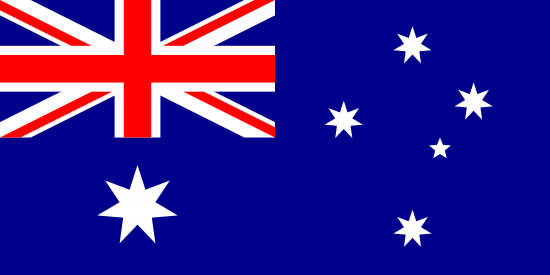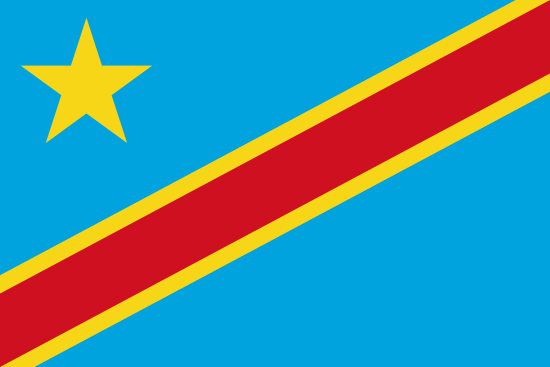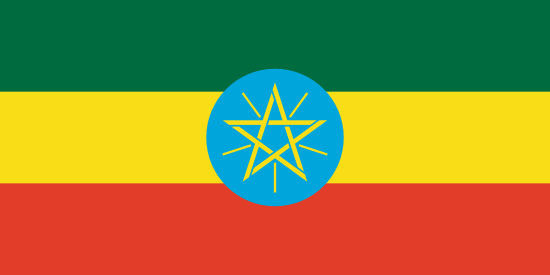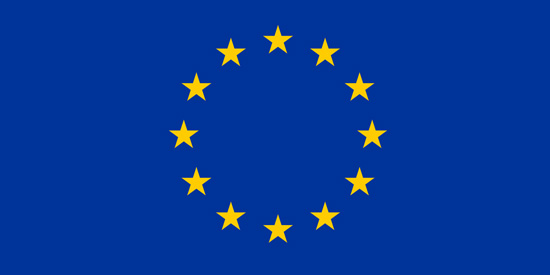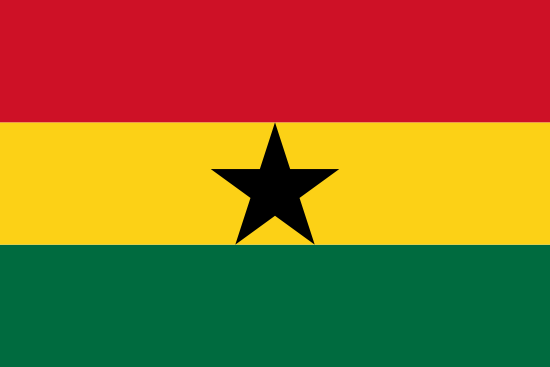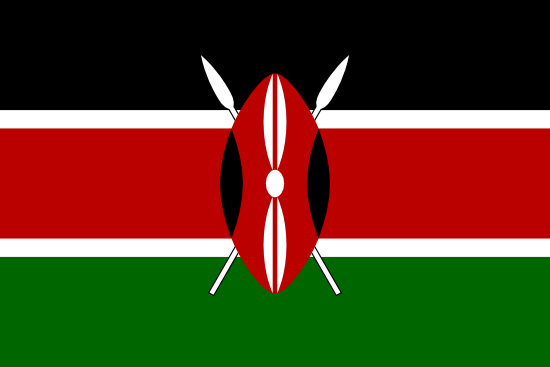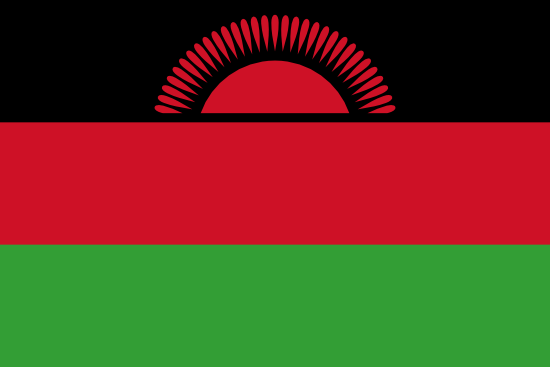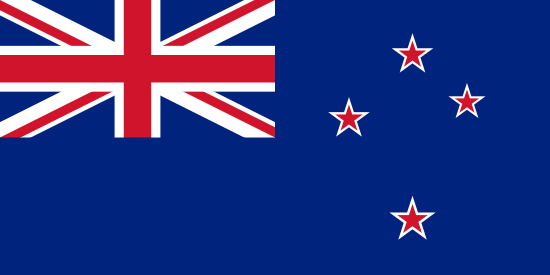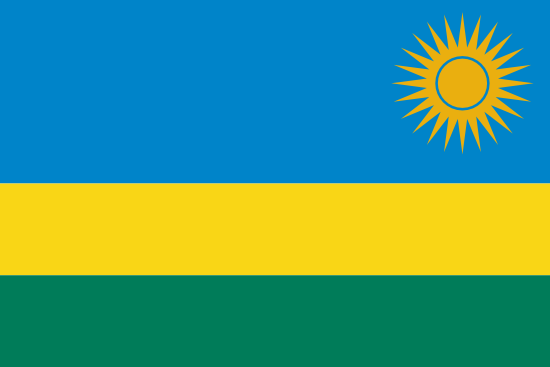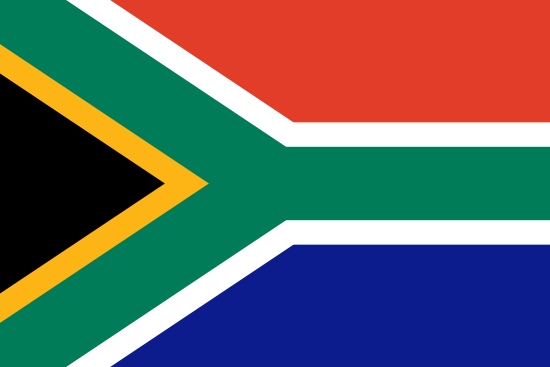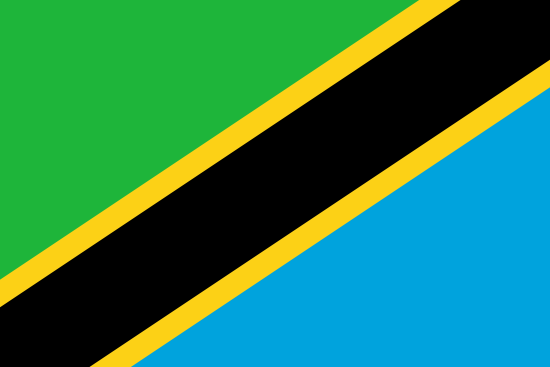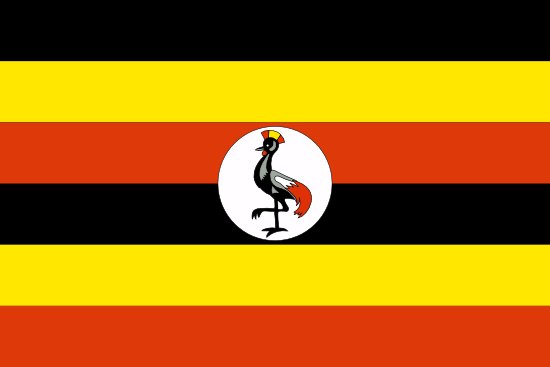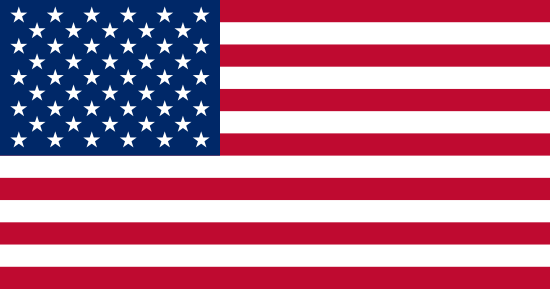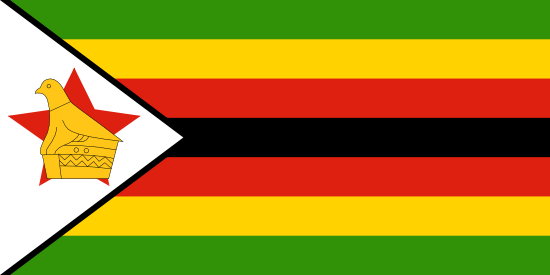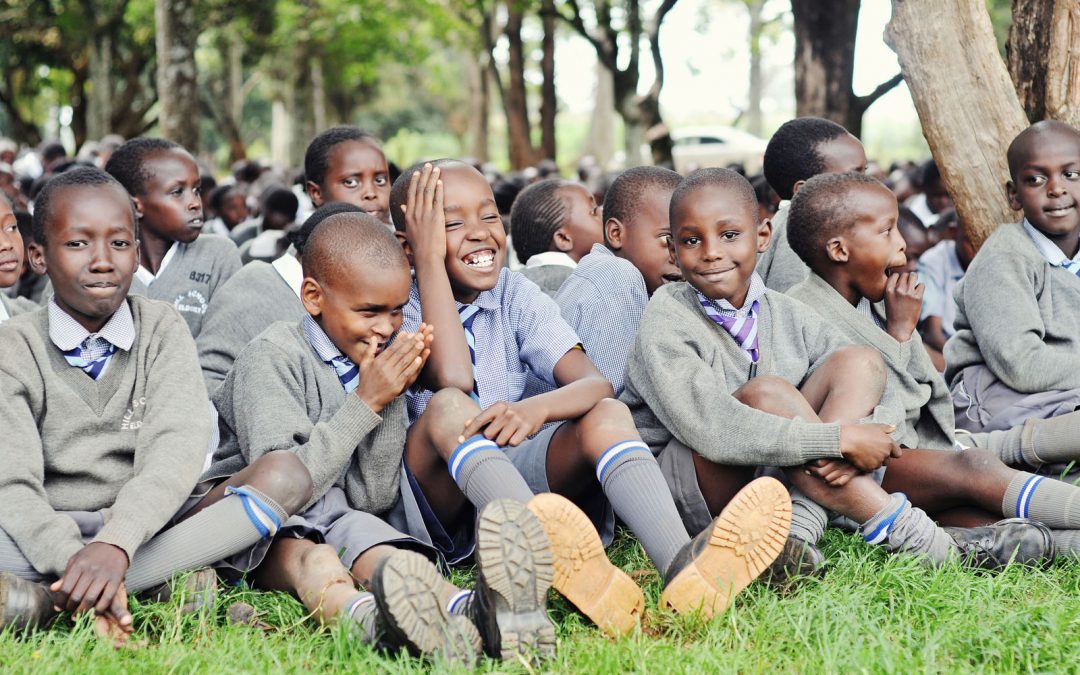There’s nothing new about tribalism amongst soccer fans. But in South Sudan soccer circles the word can take on a new and sometimes threatening meaning.
Just ask Immanuel, who recently decided to form an inter-tribal soccer team in the city of Juba.
Finding enough players wasn’t a problem. The trick was getting them to put aside deep-seated hatreds and suspicions and actually talk to one another. To resist the urge to fight with each other during a match just because they were from different tribes.
“Getting the team together was a real challenge”, he said. “Many of the young people refused to associate with team-mates.”
“Tribal issues would arise even during a game”.
The animosity which spilled on to the field wasn’t surprising given years of conflict in South Sudan which has led to 300,000 deaths, one million people being forced out of homes and villages and 400,000 fleeing to other countries.Immanuel understood the issues, but it was still hard going.
“At one point I came close to giving up (on the team)”, he said. Then he heard about the African Enterprise program of Peace and Reconciliation.
“I couldn’t wait to get involved. The training gave me a better understanding about the root cause of the violence, how to change attitudes and how each of us can become agents for peace in our communities. Using the knowledge and skills I gained during my Peace and Reconciliation training, I am now constantly reminding my players to pursue peace. And I’m so happy to say that they are beginning to understand the importance of working together, regardless of their differences. We still have difficult moments, but God is faithful, and players have become so much more aware of how prejudices and negative ethnic comments can cause division and ultimately lead to bloodshed.”
“I think that without African Enterprise the progress we’ve made would have been impossible”.

